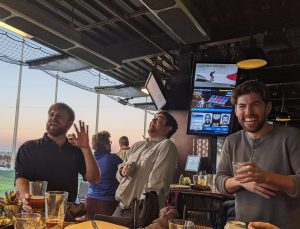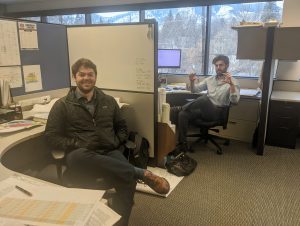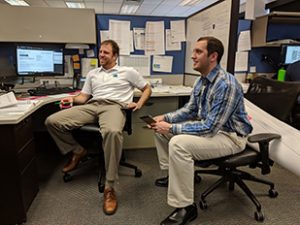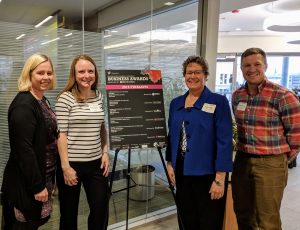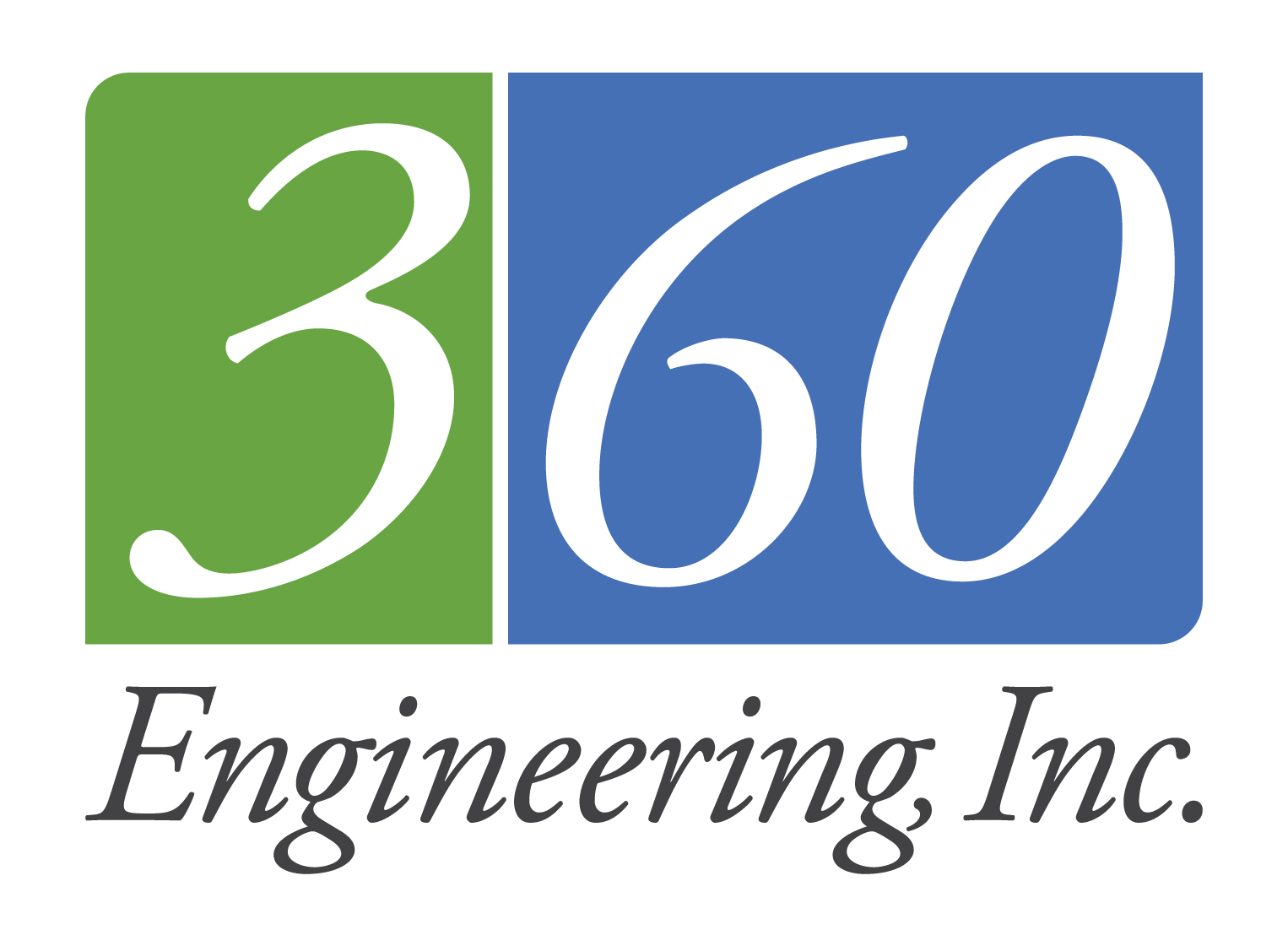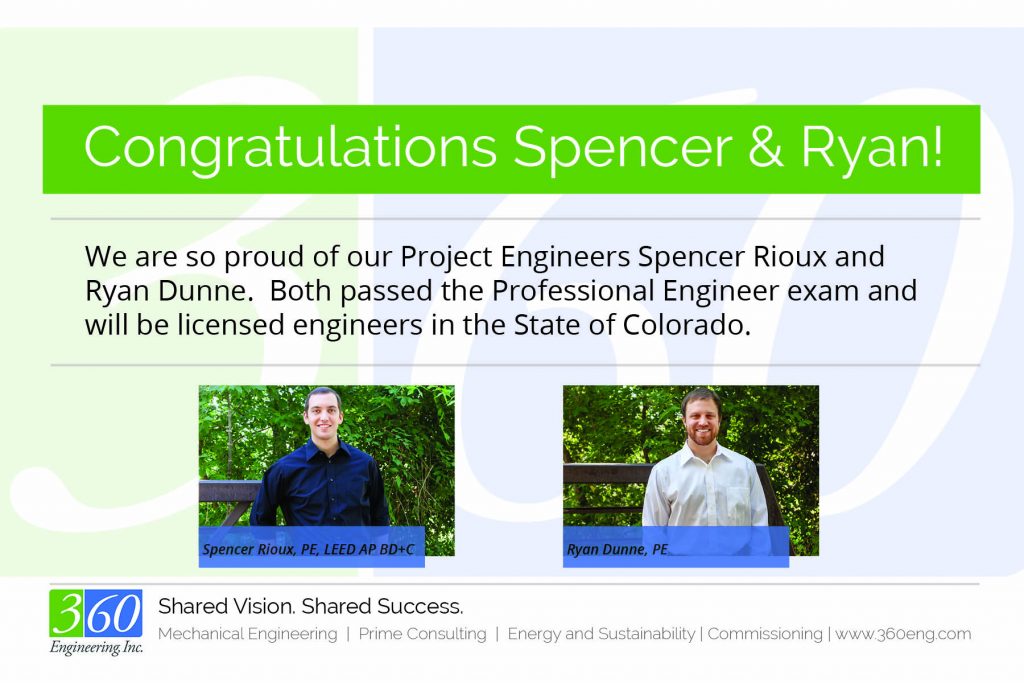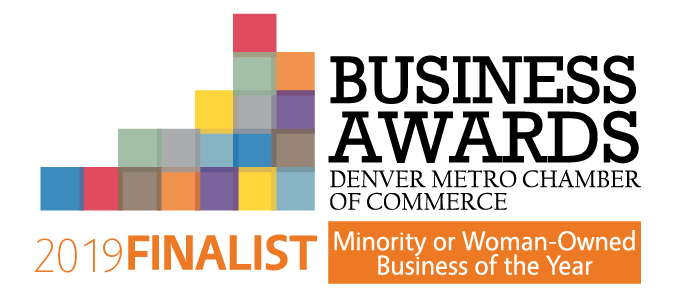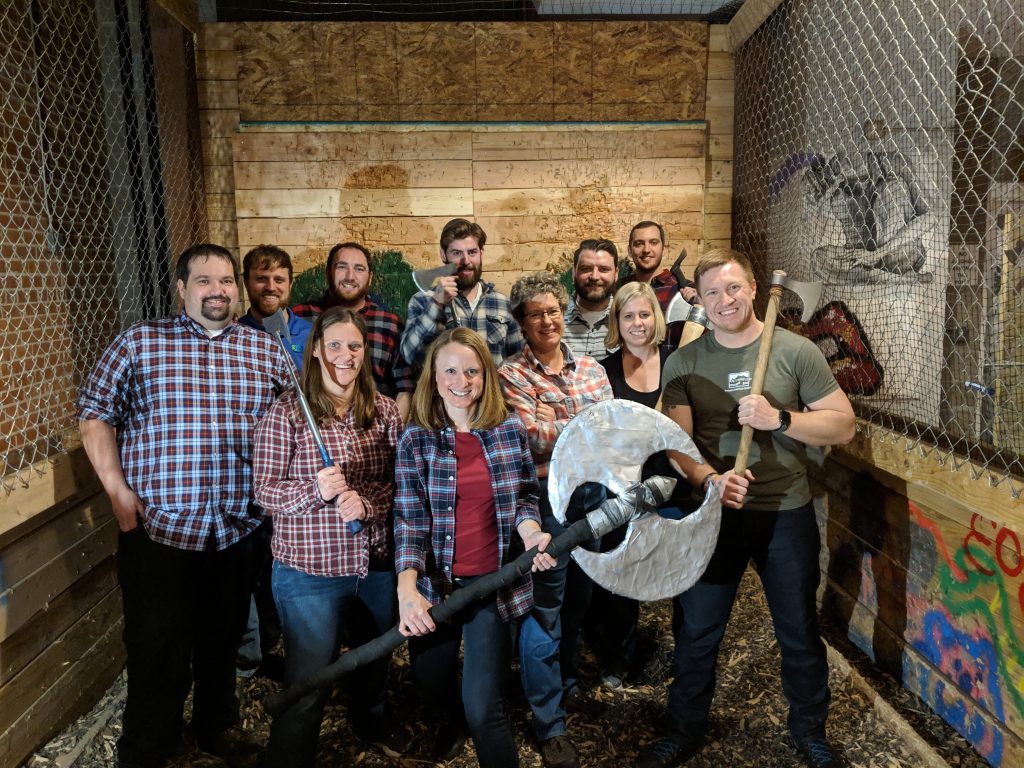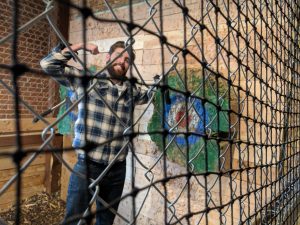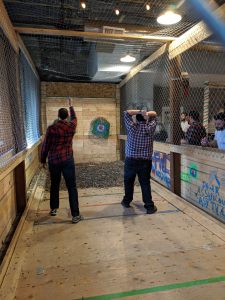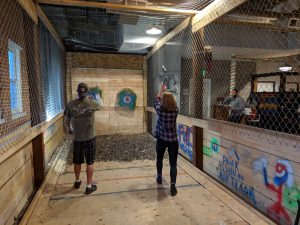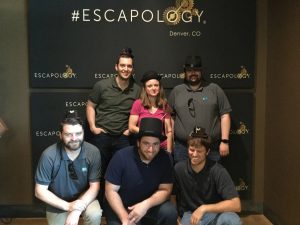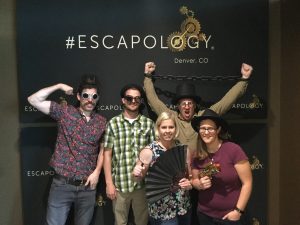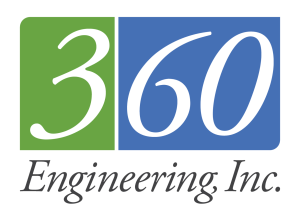
Spencer Rioux, PE, LEED AP BD+C
Project Manager
Spencer joined 360 Engineering in 2014. Spencer’s project approach is people-oriented, and he excels in communication and coordination with clients. He is knowledgable in system layouts, equipment selection, energy modeling, engineering report writing, specifications, drafting, design team coordination, and construction administration.

Stacey Richardson
Business Development Associate
Stacey joined 360 Engineering in 2016. She is responsible for marketing and business development related communication and tasks, as well as assisting the technical staff with reports, specifications, and other deliverables.

Ryan Dunne, PE
Project Engineer II
Ryan joined 360 Engineering in 2017. With a technical engineering sales background, Ryan is a client-focused mechanical engineer experienced in systems design, equipment selection, systems troubleshooting, and testing, and project management from conception through design and commissioning.

Joe Wittenberg, FE
Project Engineer II
Joe joined 360 Engineering in 2016. He has worked on a diverse range of project types, including many tenant improvements, renovations, and mechanical and plumbing upgrades. Joe conducts all associated field investigations, calculations, equipment selections and layout, and drafting.
